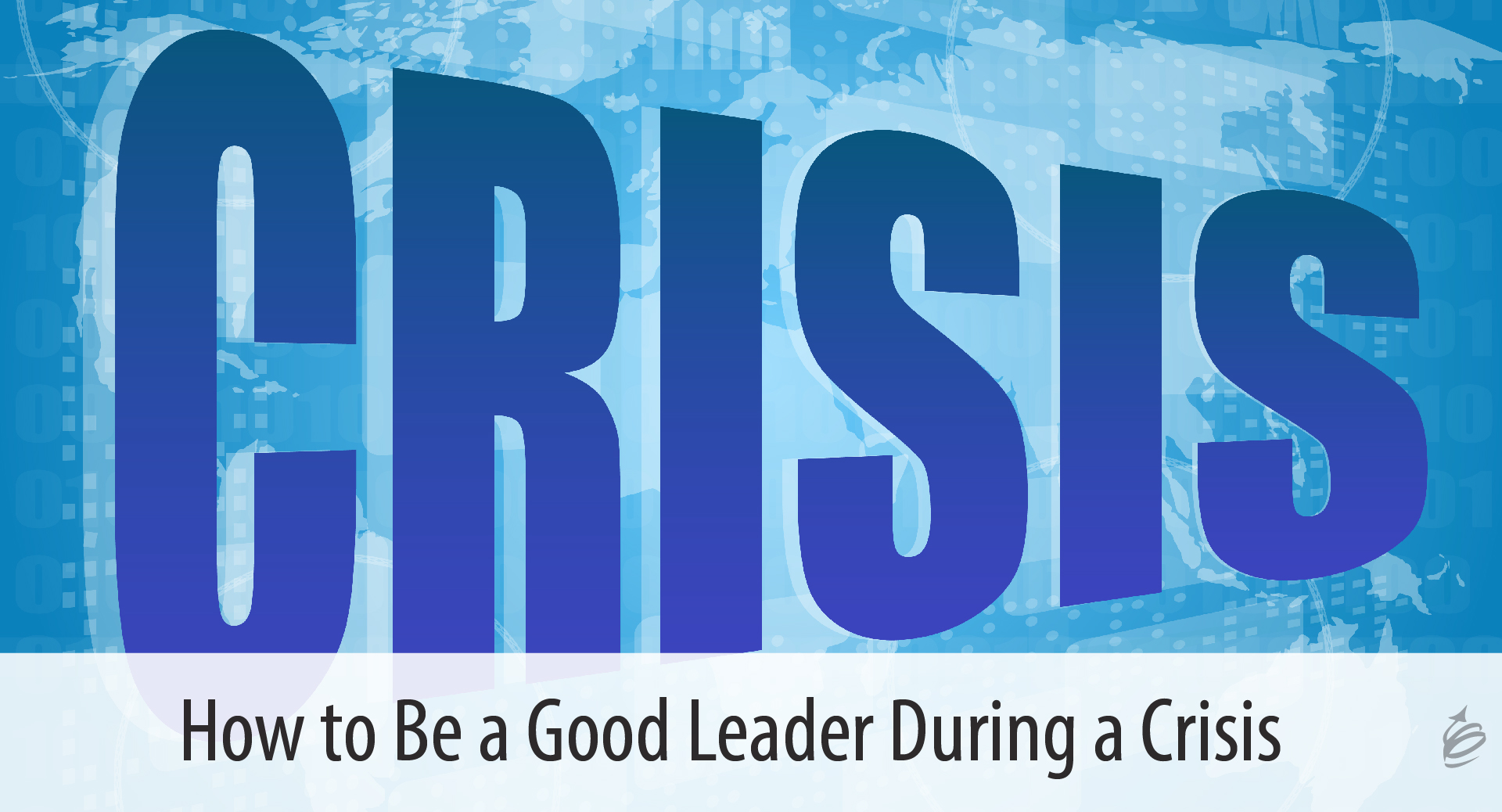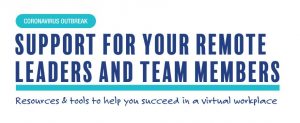 Today, the crisis is the COVID-19 pandemic. And while this crisis isn’t like anything most people have experienced, it isn’t the first crisis we have faced. Although crisis leadership has always been an important skill, now it feels compulsory – and perhaps you feel unprepared. Here are some ideas that you can specifically apply to this situation that will also serve you throughout your leadership life.
Today, the crisis is the COVID-19 pandemic. And while this crisis isn’t like anything most people have experienced, it isn’t the first crisis we have faced. Although crisis leadership has always been an important skill, now it feels compulsory – and perhaps you feel unprepared. Here are some ideas that you can specifically apply to this situation that will also serve you throughout your leadership life.
If we are going to talk about crisis leadership, let’s look at a couple definitions of crisis:
- a time of intense difficulty, trouble, or danger.
- a time when a difficult or important decision must be made.
I think now applies, don’t you?
If you study about crisis management, you will learn that actions fall into three parts:
- Pre-crisis
- Crisis response
- Post-crisis
And much of that crisis management content applies to senior management. It is all important, and much will be learned from this crisis that will inform the knowledge in that area. But we aren’t talking about crisis management here – we’re talking about crisis leadership – something everyone who leads others needs to be thinking about and acting on today, and for the foreseeable future.
Here are seven things you can do now to provide important, valuable crisis leadership for those around you.
- It’s about more than the work. Yes, you want and need the work to get done, and yes, people have been through change before. Now though, you are all experiencing crisis. Something people haven’t dealt with before. The levels of uncertainty are at uncharted levels for many people. Give people a chance to vent. Figure out what their specific challenges and needs are. Once they have shared that, even if you can’t solve it for them, they have a chance to re-focus on the work. Focus on connection, before focusing on the work.
- Don’t assume how they feel. Remember you are leading people. People who have feelings and emotions – just like you do. Remember though, that whatever you are feeling now isn’t likely exactly the same for everyone else. Maybe you are far more freaked out then others. Or maybe you are not that worried now. If that is you, know that not everyone feels the way you do – and that is the point. You must be aware of what others are feeling, not just guess based on your own perspective. If you do the first piece of advice, you will likely have a better understanding of how others are feeling.
- Communicate more. In times of stress and the unknown, people need more information. Tell them what you know and tell them when you will know more. Reinforce points that need to be remembered. Talk to individuals more and meet with/communicate with the collective team more too. And don’t just talk or tell, create a conversation so mutual clarity and understanding can be achieved.
- Refocus people on your purpose. When people are stressed, their focus tends to move to the source of the stress. You and your team do work that is important to someone or some group. Perhaps your work directly or indirectly can help people through the crisis itself. Help people stay on mission. Help people see the importance of their work. This does more than help people get some work done – it helps them mentally and emotionally deal with the crisis at the same time.
- Look for opportunity. In many businesses and on many teams, crisis can open new doors. When you help the team focus on the purpose, they may find new doors to open, new ways to serve. Every crisis creates situations where some organizations thrive as a result. Look for and help your team look for opportunities both large and small in times of crisis.
- Don’t be Pollyanna. A Pollyanna is someone who has an unfailingly optimistic outlook (you can see the history of this phrase, if you are unfamiliar, here). Should you, and does your team need you to be positive and optimistic? 100 times yes. Do they need to see you as so positive as to deny or ignore the issues or their feelings? 100 times no. Be positive and optimistic. Look for opportunities. These behaviors are helpfully contagious. But don’t be blind or seem blind to the realities others see.
- Keep people moving. Movement beats moping. When we recognize and deal with the challenging realities and then help people move forward, they will be healthier, and they will be able to focus on work. Which is good, because even in times of crisis, there is important work that needs to be done.
This is where crisis leadership starts. As you apply these principles, you will get better results for and from your team – but you will be proactively helping yourself in the time of crisis, too.
…
We want to help remote leaders and their teams during this crisis. That is why we created our portal of resources to support remote leaders and remote team members during this time. Visit and bookmark this site for yourself. Then share it with others who could benefit.


The Stockdale paradox as put forth by Jim Collins is entirely appropriate for Crisis Leadership: Don’t lose sight of or the belief in a positive outcome; yet, never fail to confront the brutal reality of the facts in front of you. I’m paraphrasing; but, that’s the meat of the matter.